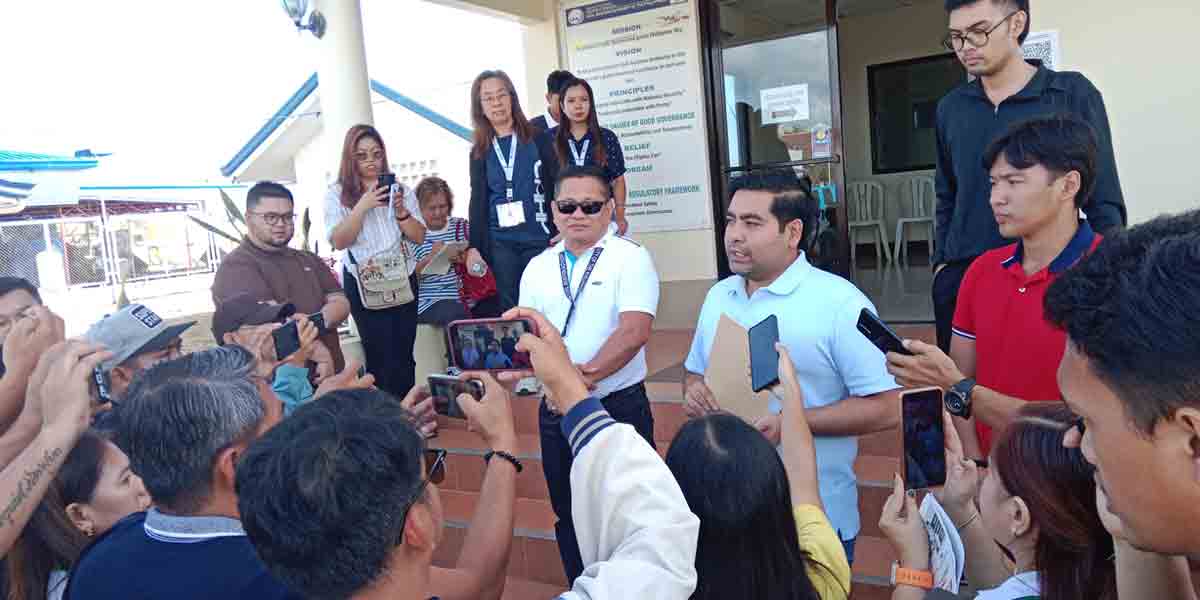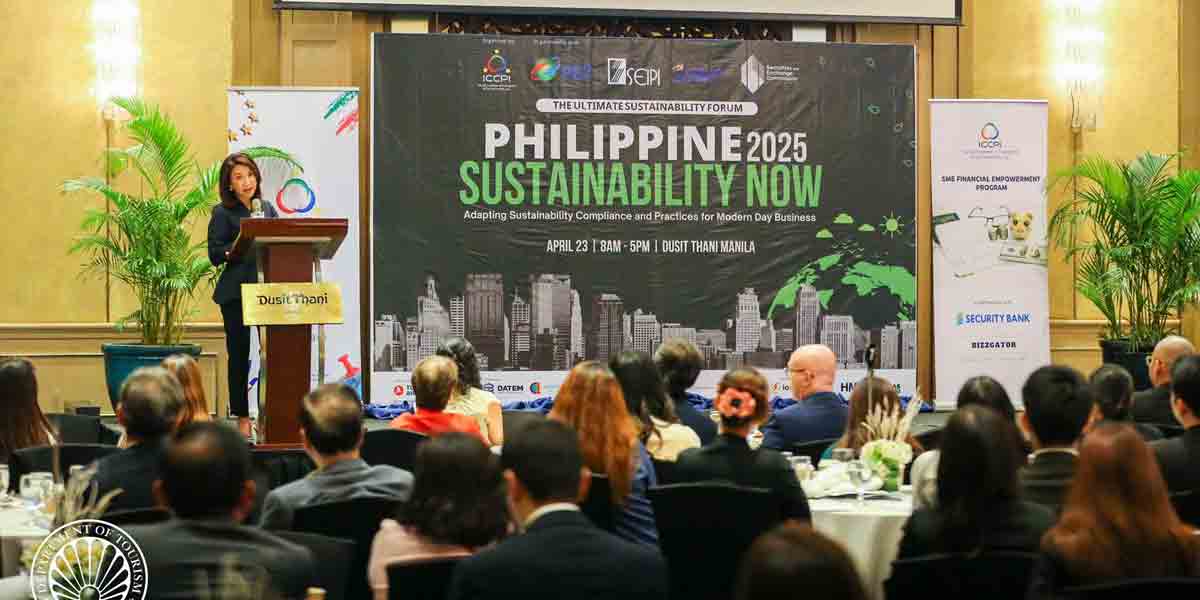By Francis Allan L. Angelo
The National Economic and Development Authority (NEDA) has emphasized the importance of strategic and consistent investment in human capital to enhance the Philippine economy’s growth potential and realize the country’s long-term vision.
NEDA Secretary Arsenio M. Balisacan highlighted this point during the World Bank’s launch of the Philippines Human Capital Review on June 24.
Balisacan expressed optimism about the country’s readiness to accelerate economic growth, citing a significant demographic shift.
“This downward trend [in total fertility rate] has resulted in a fundamental shift in the age structure of our population. An exciting opportunity thus arises: we are currently in a ‘demographic sweet spot,’” he said.
In his keynote speech, Balisacan emphasized the demographic advantage of a predominantly young population, with the Philippines’ median age at about 25, and 64 percent of the over 110 million Filipinos belonging to the working-age group of 15 to 64 years old.
“This demographic shift has enormous implications for our economic potential. A large, healthy, skilled labor force implies higher demand and productivity in the years and decades ahead,” he explained.
The World Bank report acknowledged the country’s socioeconomic progress but also identified challenges in human capital, particularly in nutrition and education among Filipinos aged 10 to 15.
It warned that in disadvantaged local government units, about 26 percentage points of human capital potential could be lost if these challenges remain unaddressed.
Balisacan also cautioned against the potential negative consequences of neglecting human capital.
“We are at a critical juncture in our nation’s socioeconomic history, and our actions will determine the future unfolding. This juncture becomes apparent when we consider the state of our human capital, its implications on the overall economy, and our relative performance across various development indicators,” he added.
Balisacan outlined several government initiatives aimed at protecting and enhancing the country’s human capital, including:
Tutok Kainan Dietary Supplementation Program: Provides integrated health and nutrition services for nutritionally at-risk pregnant women and children below two years old.
Walang Gutom 2027: Food Stamp Program: Offers food credits worth PHP 3,000 to needy families, with pilot implementation starting in July 2023.
Pantawid Pamilyang Pilipino Program (4Ps): A national poverty reduction strategy and human capital investment program with over 4 million active household beneficiaries.
On the legislative front, NEDA is championing several bills promoting human capital development, such as the Academic Recovery and Accessible Learning Program, the Enterprise-based Education and Training Act, and the Expanded Government Assistance to Students and Teachers in Private Education (E-GASTPE) Act.
“Investing in people is the cornerstone of realizing our shared vision—our desired future—of a matatag, maginhawa, at panatag na buhay for all Filipinos,” Balisacan concluded.
The Philippines Human Capital Review underscores the urgent need for sustained, strategic, and coordinated efforts to enhance human capital, aiming to secure a robust, comfortable, and secure life for all Filipinos.
The full version of the report can be accessed at The Philippines Human Capital Review: Investing in the Early Years to Boost Human Potential.






















